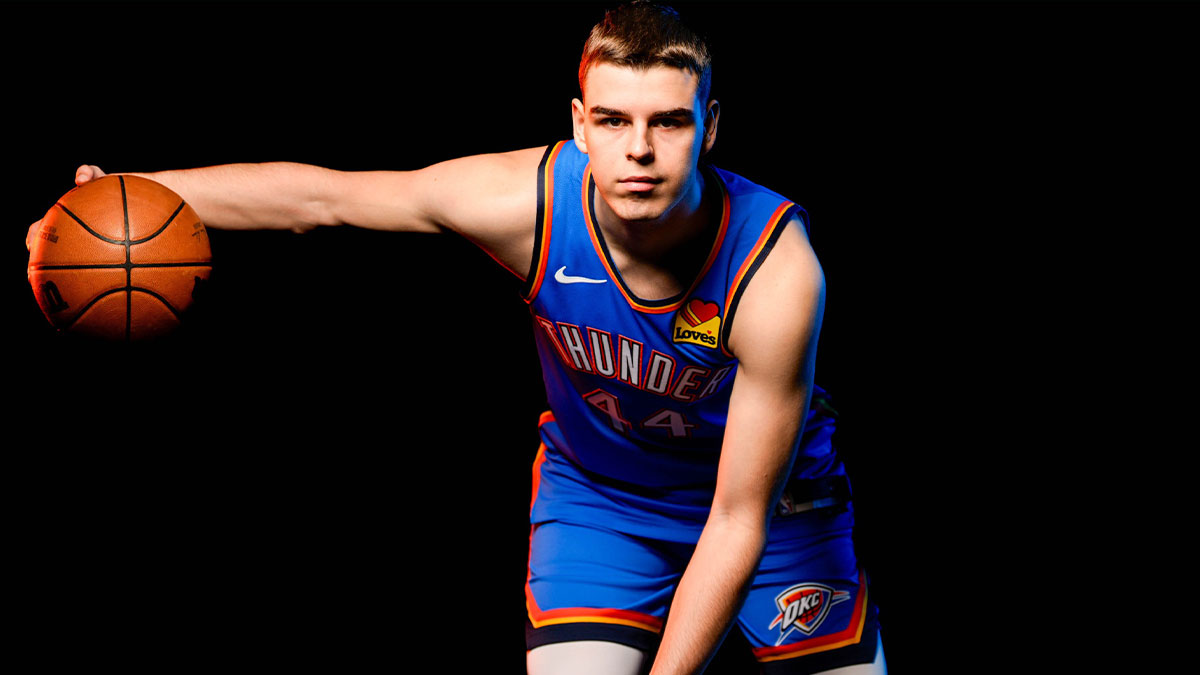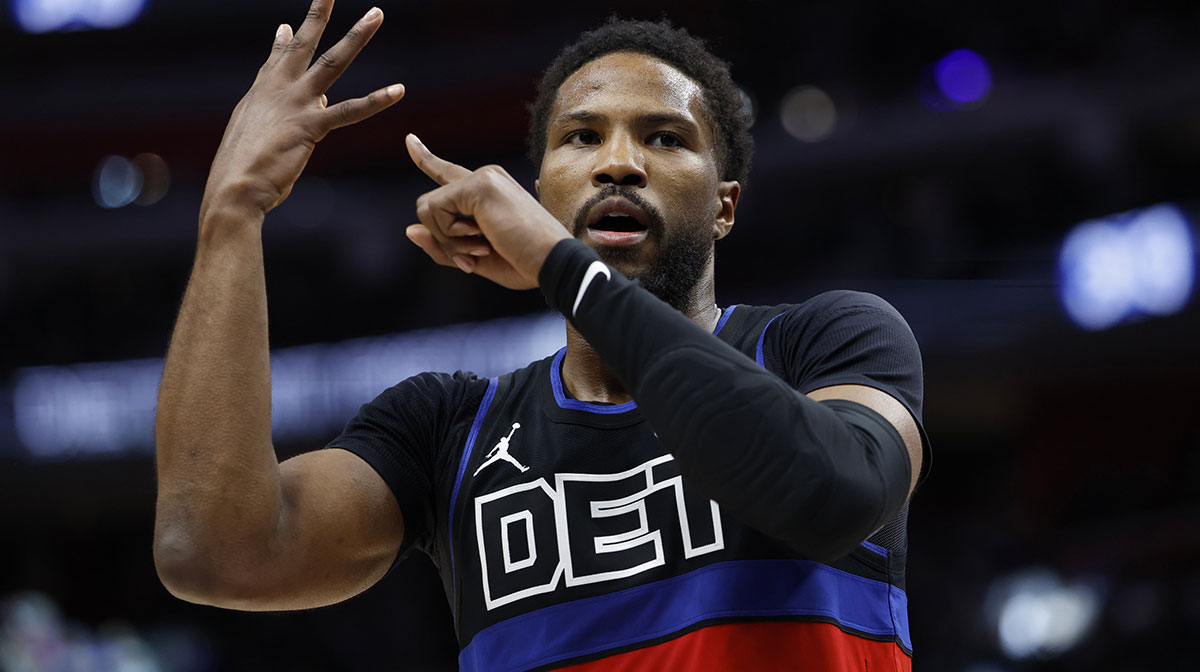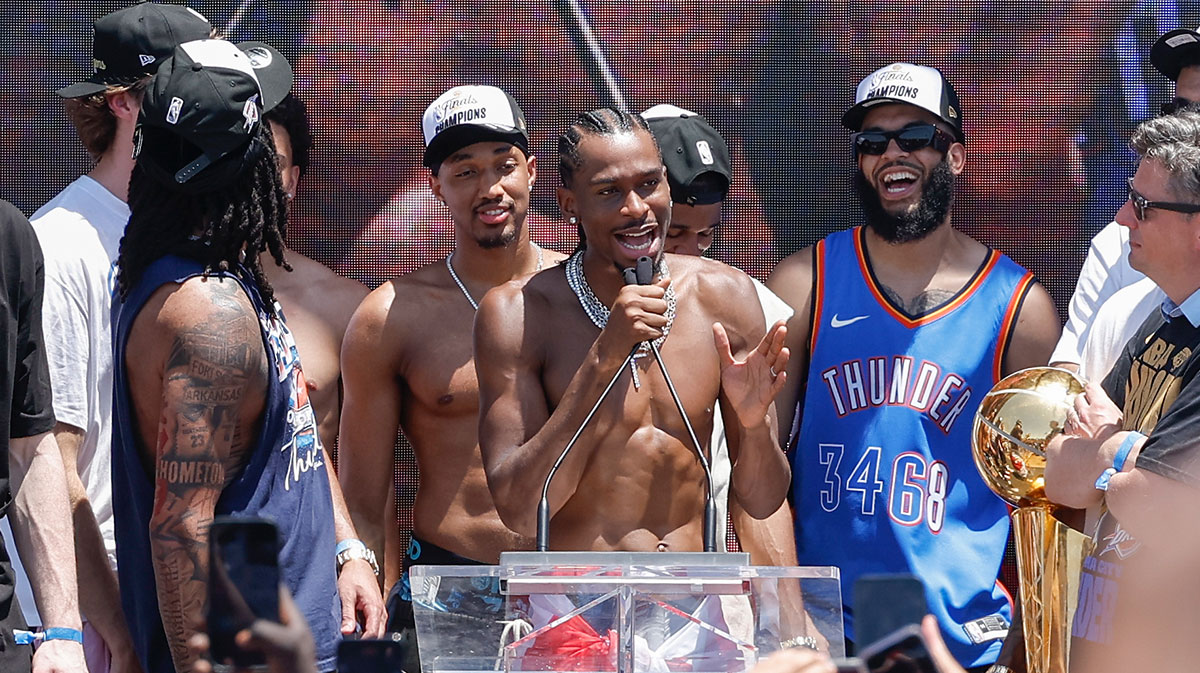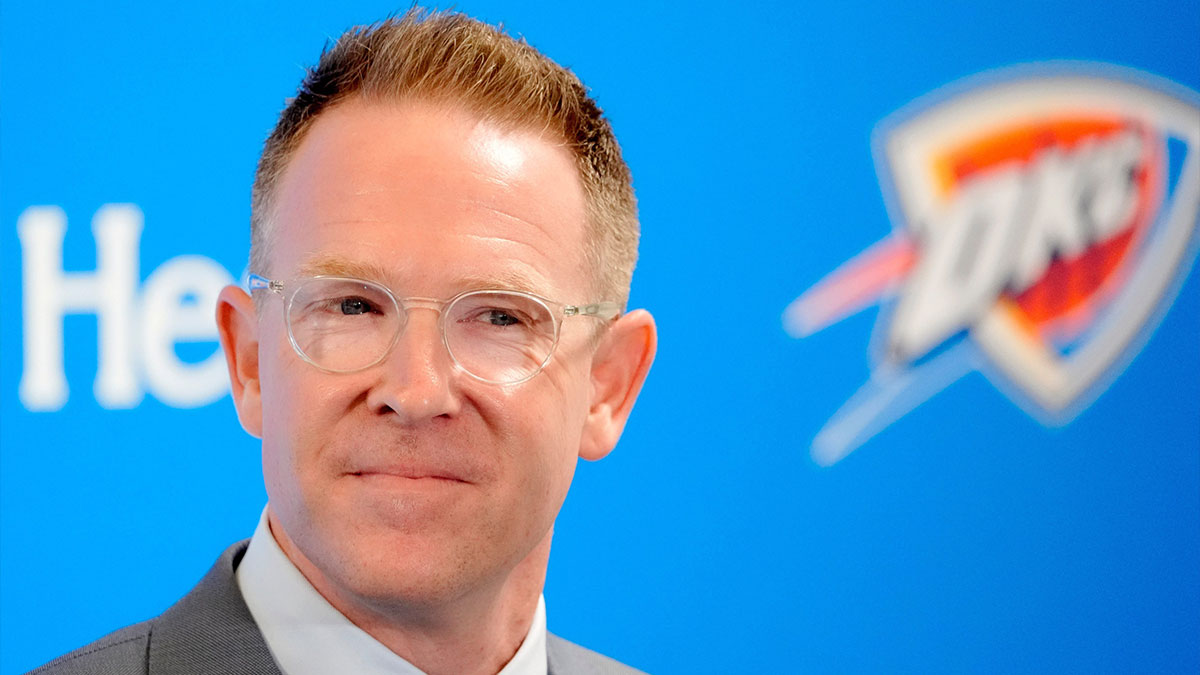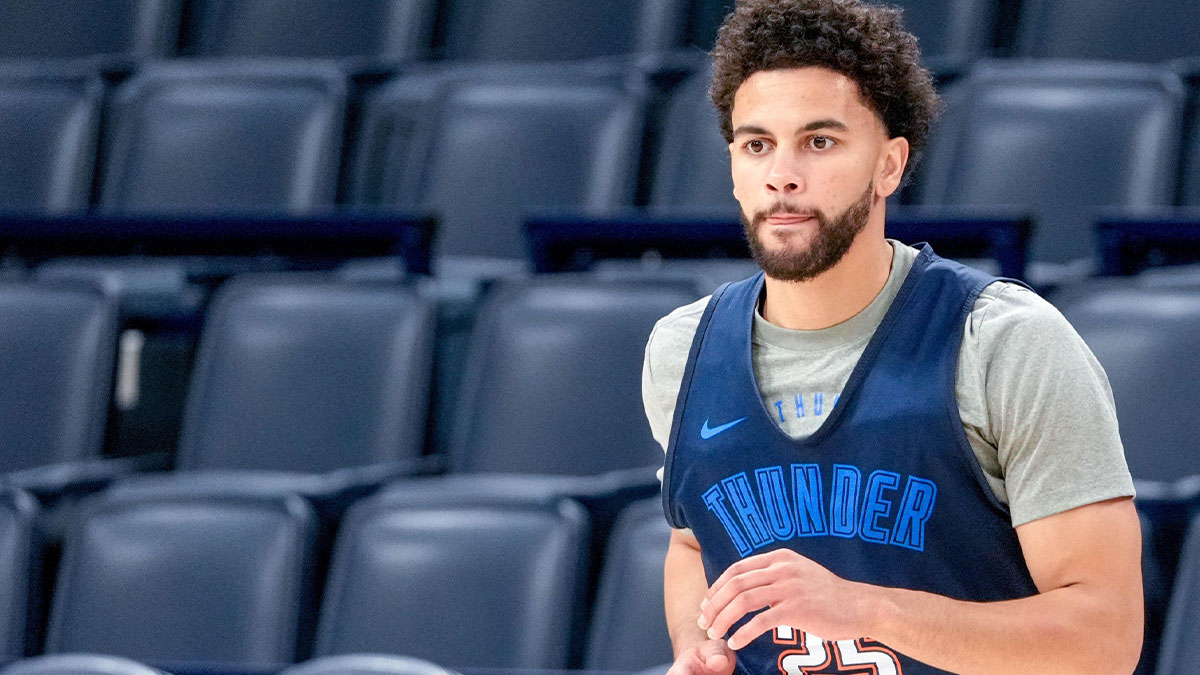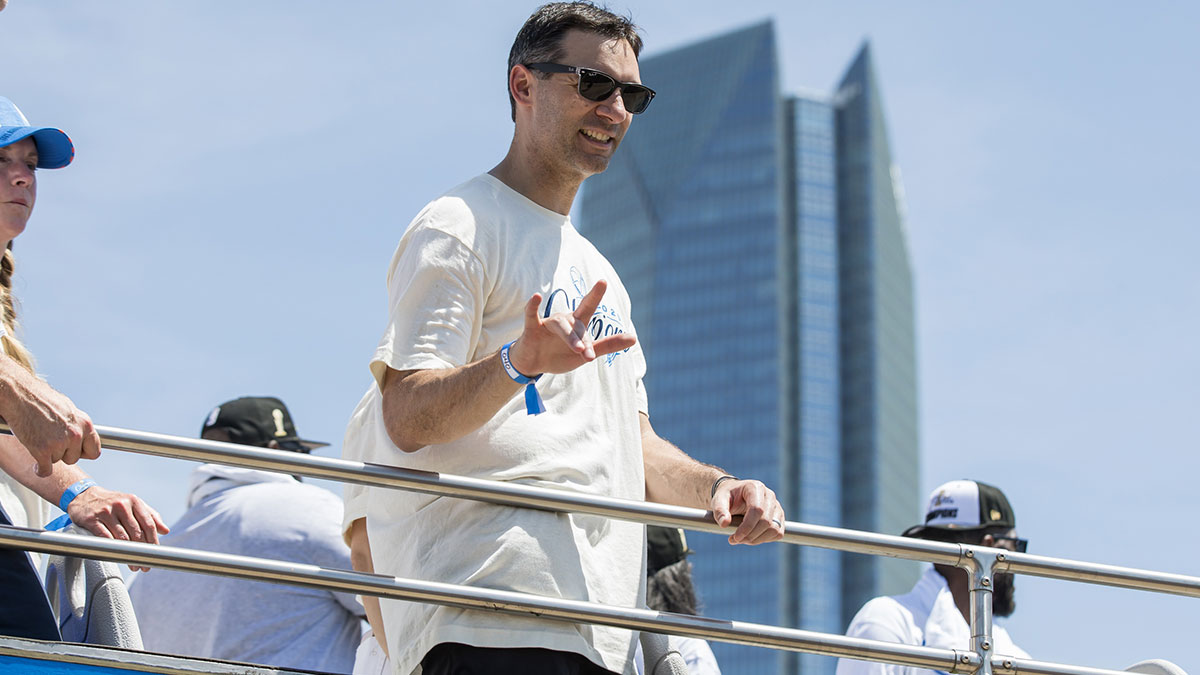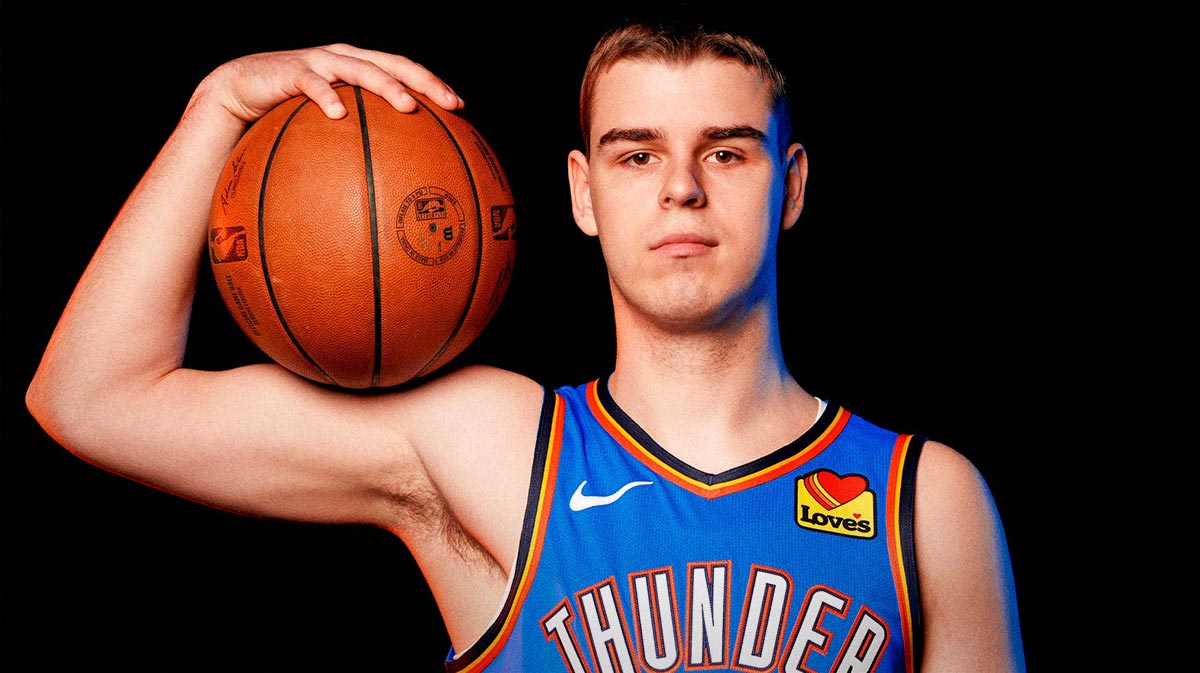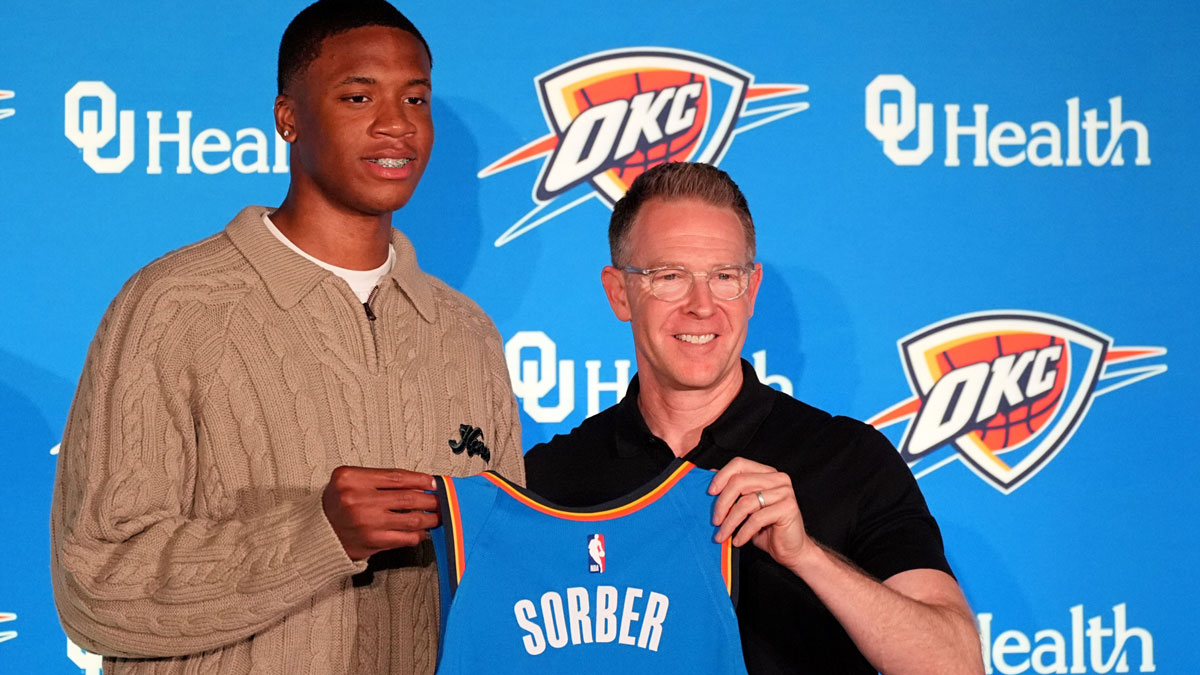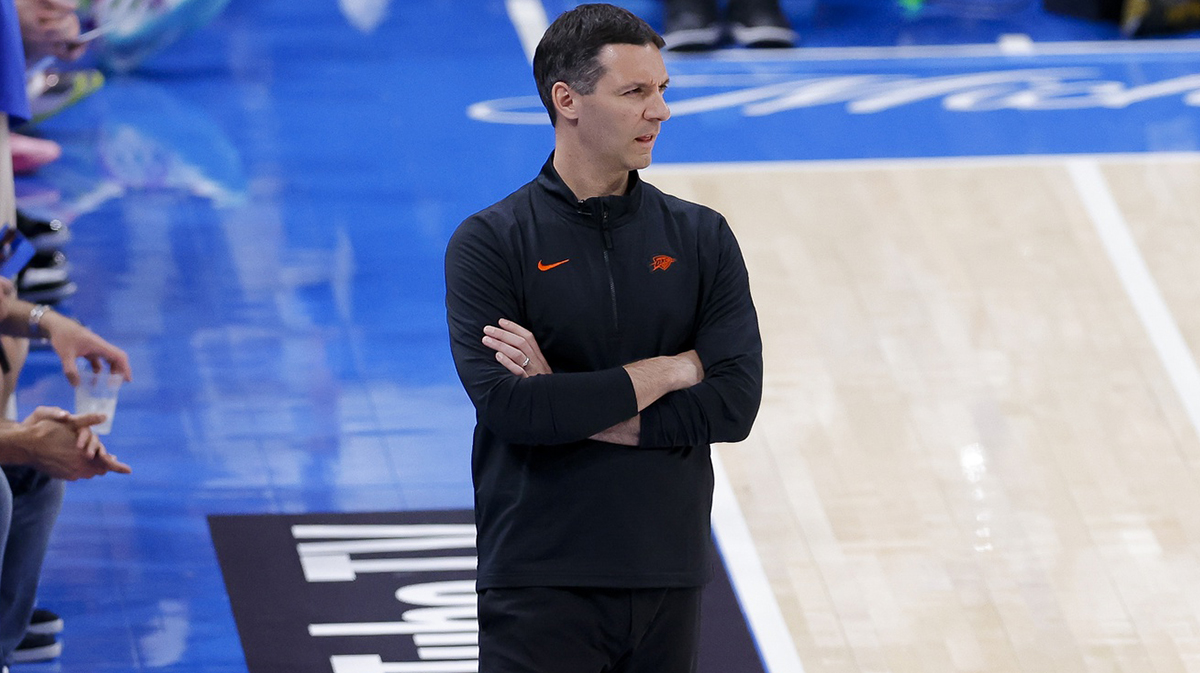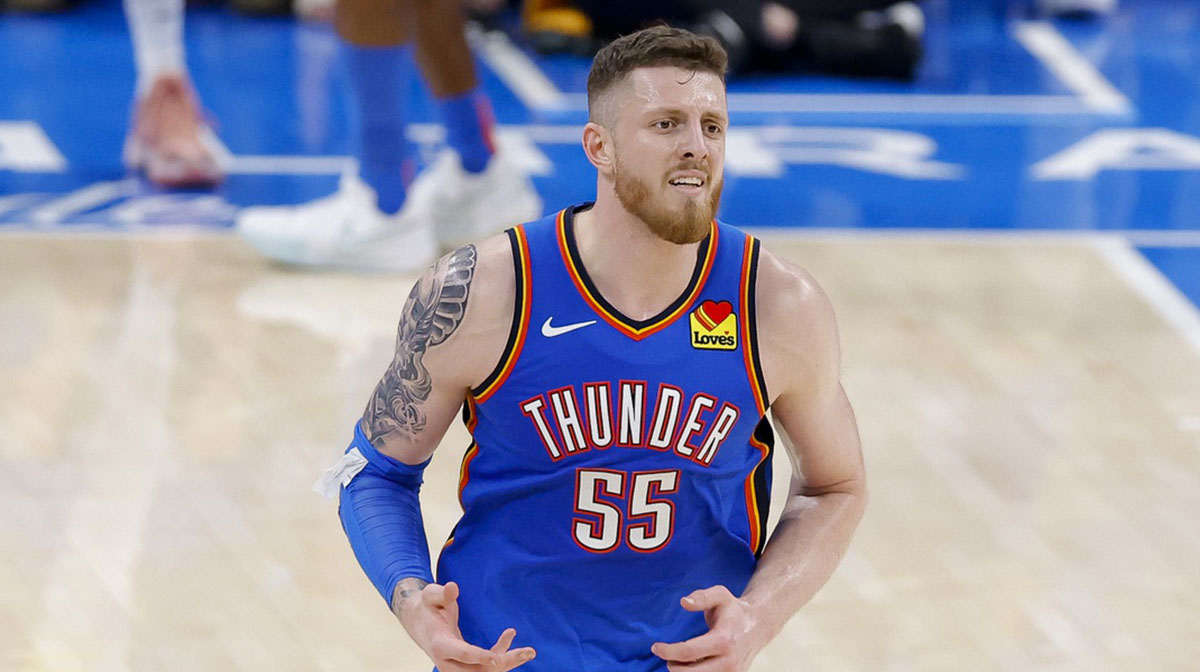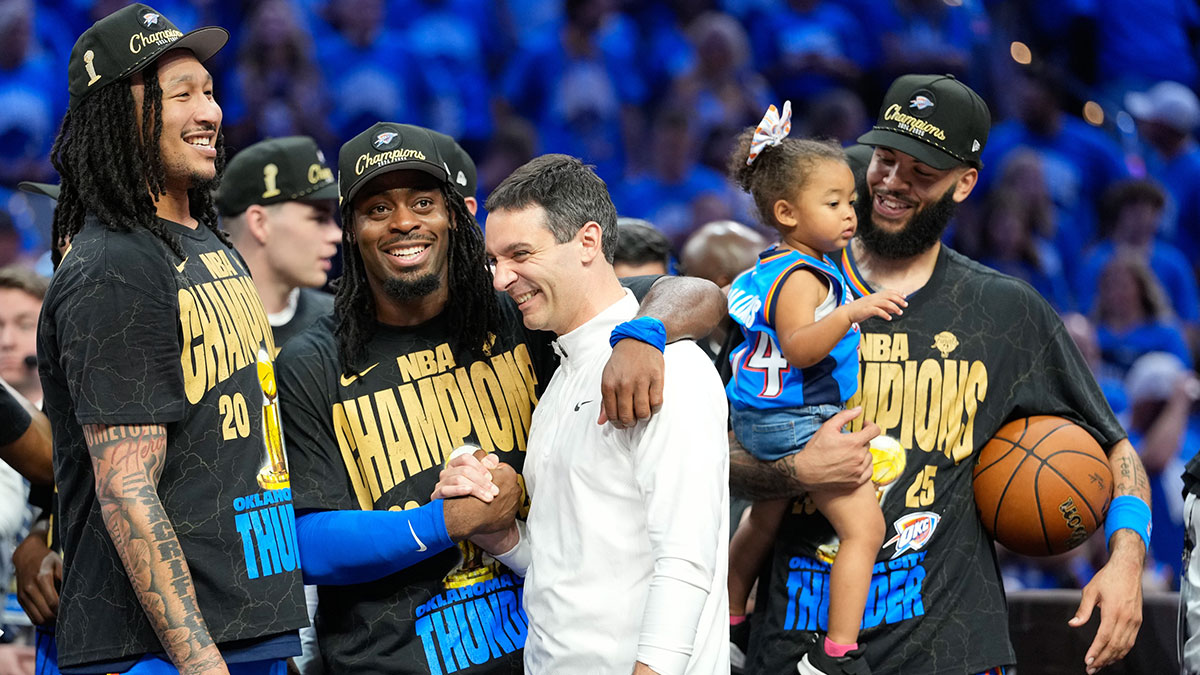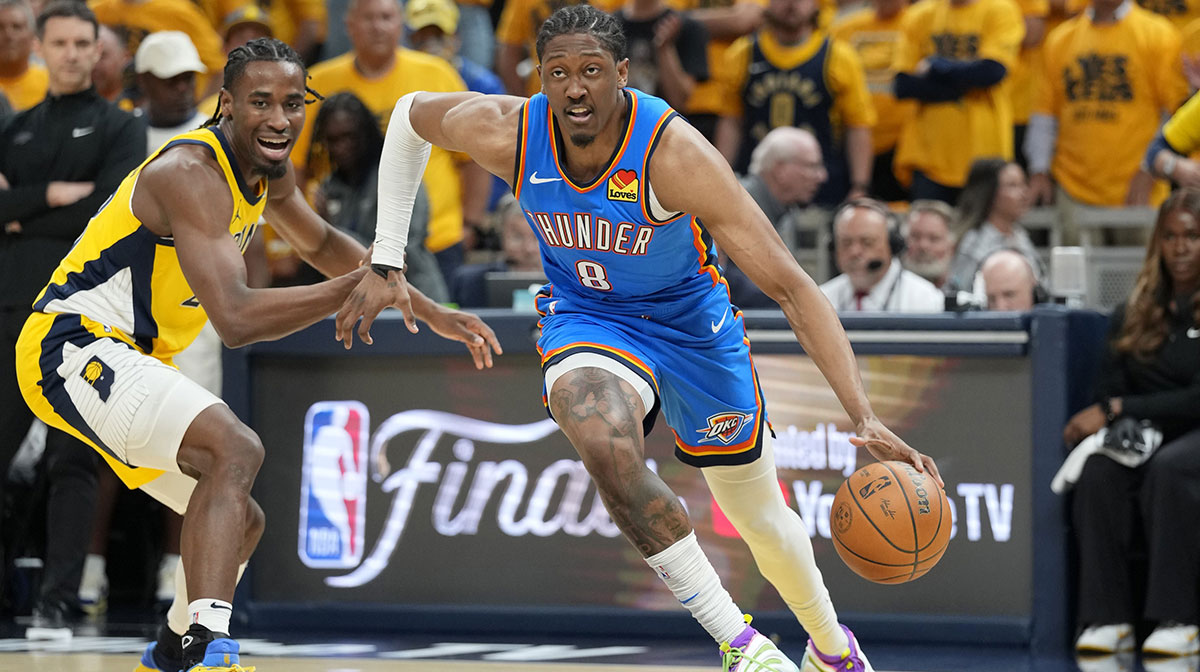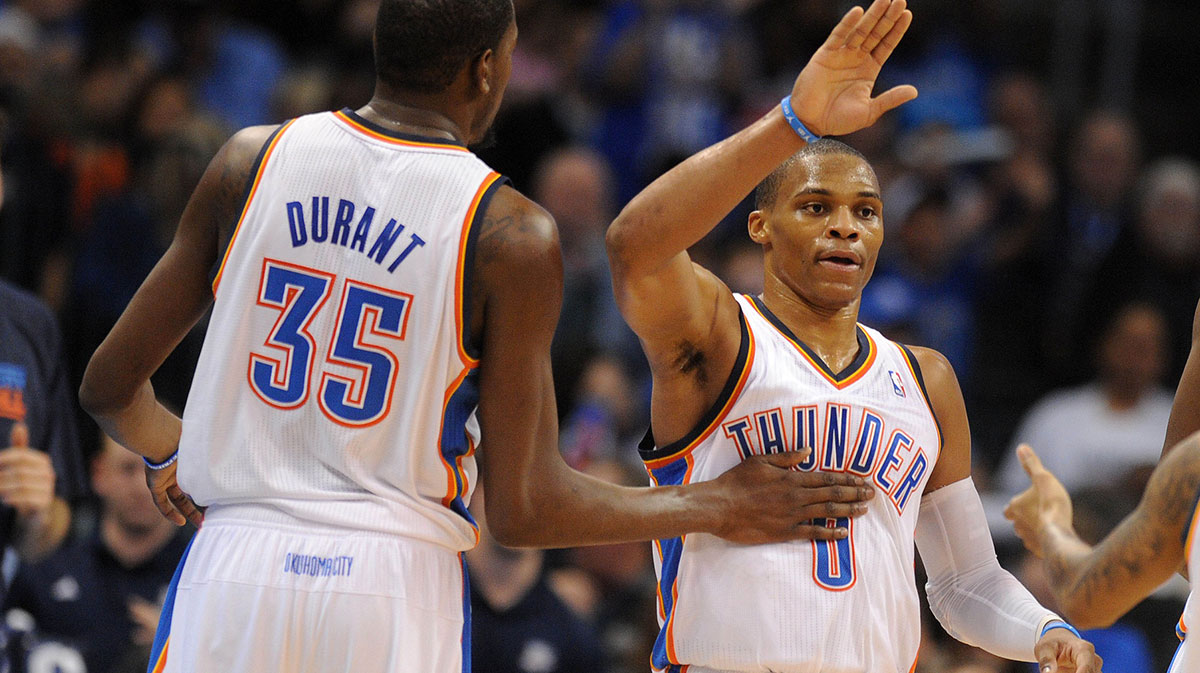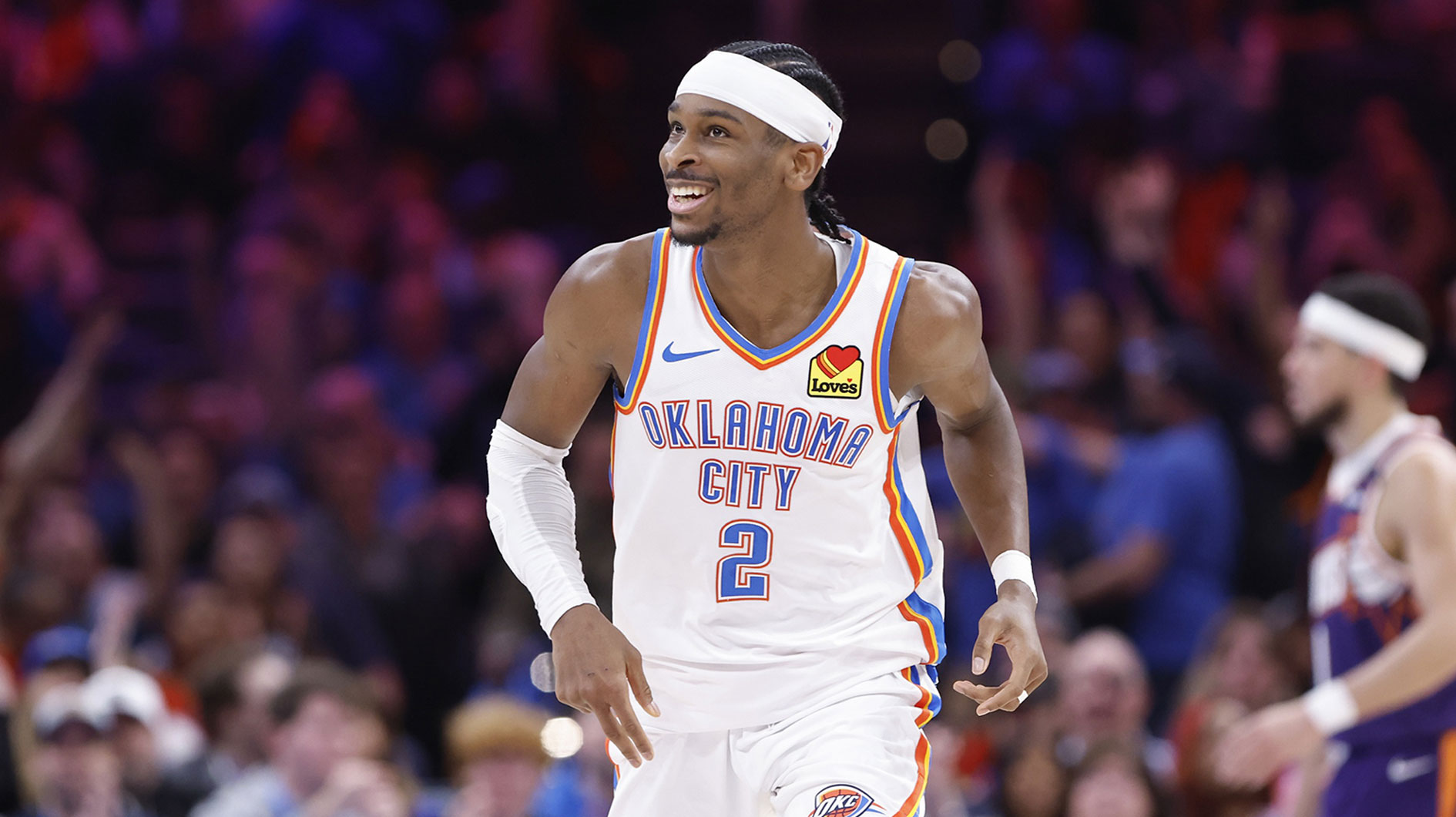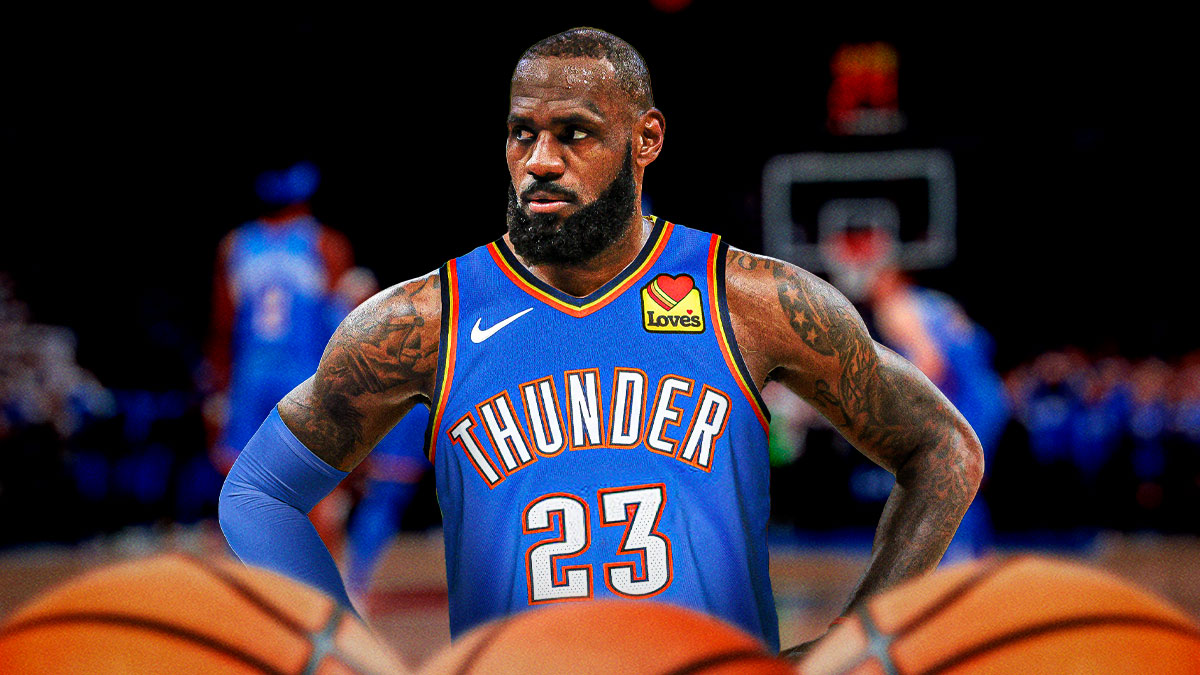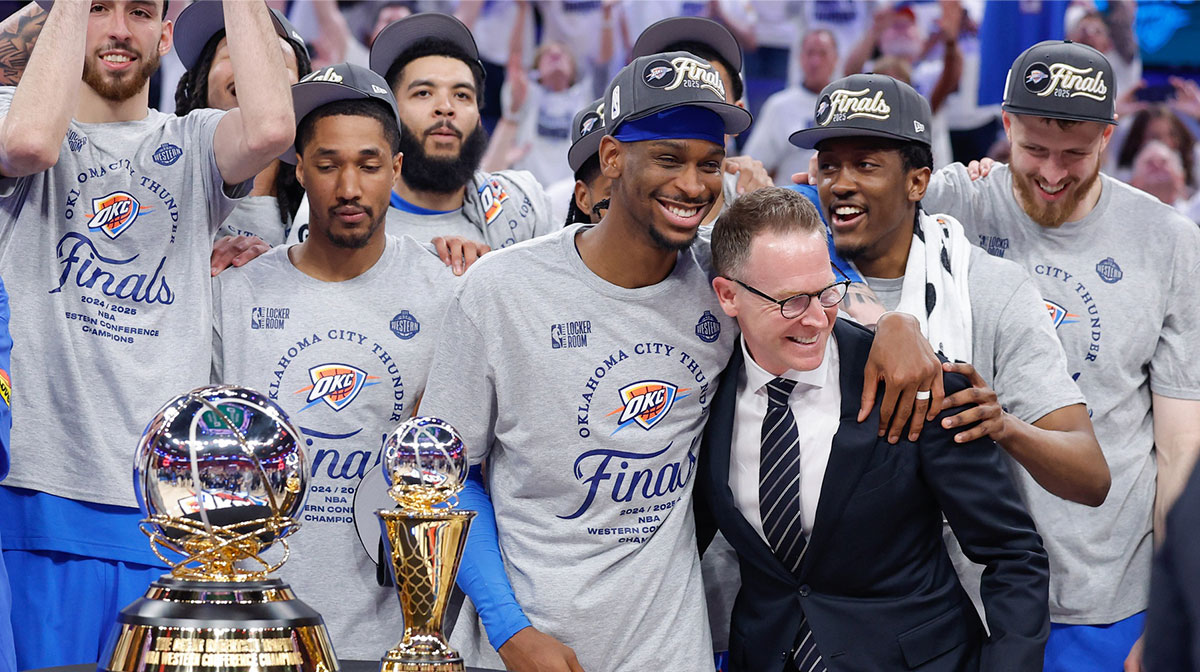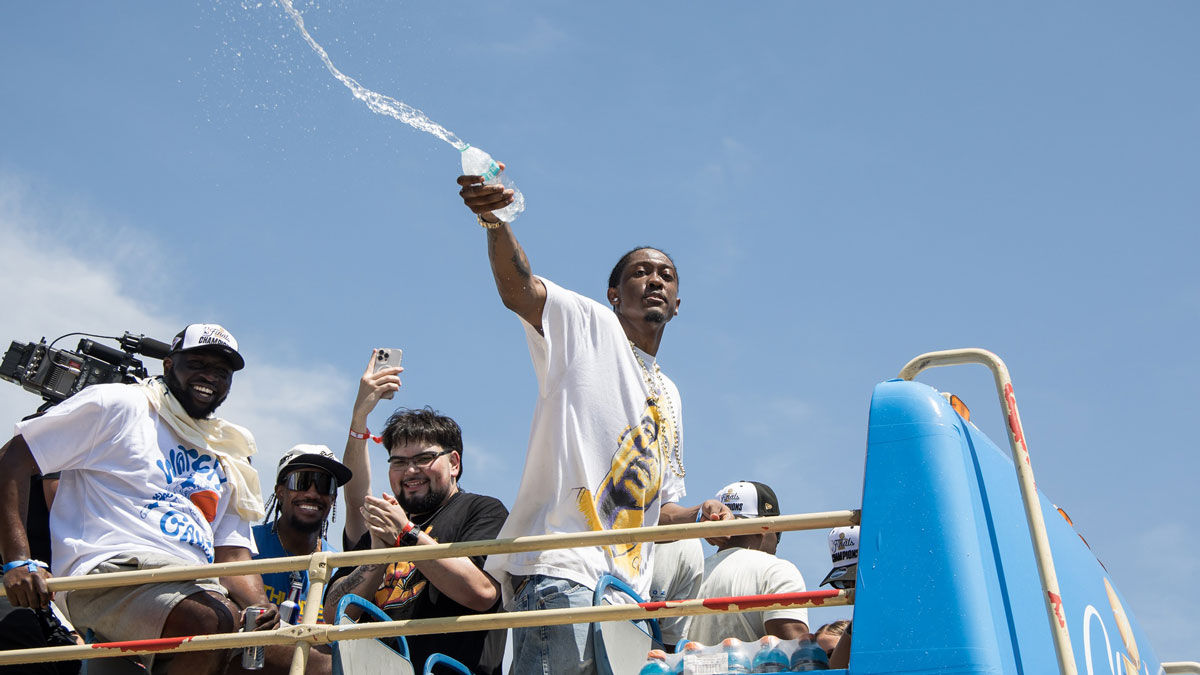It wasn't too long ago that the Houston Rockets eliminated the Oklahoma City Thunder in their first-round matchup. It took the entire seven games for Houston to do so, but in the end, they got the job done.
Why does it somehow feel, however, that the Thunder had a much better campaign than the Rockets? Perhaps even more importantly, why does it seem like it is the Thunder that have emerged as the clear winners of that Russell Westbrook-Chris Paul swap that went down more than a year ago?
For the record, when the Rockets traded for Westbrook prior to the start of the 2019-20 campaign, they had to give up Paul, a 2021 first-round pick swap, a 2024 first-round pick, a 2025 first-round pick swap, and a 2026 first-round pick.
At the time it looked like a reasonable gamble for the Rockets, who were able to offload Paul's massive contract in exchange for the opportunity to pair two former MVP winners in Russell Westbrook and James Harden. However, at this point, it seems that the tables have turned.

First off, Chris Paul is currently owed $85.6 million over the next two seasons, including a player option for the 2021-22 campaign. On the contrary, Westbrook still has three years on his contract (player option on Year 3), during which he will earn $132.6 million. Both players will be paid virtually the same amount per season, but the Rockets have taken an extra (unwanted?) year for Russ.
More importantly, though, it could be argued that Paul had a better season than Westbrook, especially when incorporating the playoffs.
During the regular season, Westbrook averaged 27.2 points on a career-best 47.2-percent shooting to go along with 7.9 rebounds, 7.0 assists, and 1.6 steals per game. These numbers were a far cry from his triple-double days, but they certainly were stellar and he had a few months where he truly looked dominant after a sluggish start.
On the other hand, Paul put up 17.6 points on 48.9 percent from the field, 5.0 rebounds, 6.7 assists, and 1.6 steals per game. He also drained 1.6 triples per game on a 36.5 percent clip.
Looking at these base statistics, Westbrook has the edge. However, if you go beyond the box score, it is clear that Paul had a much bigger impact on his team than Westbrook had.
While Westbrook proved that he could excel in a system where he played second fiddle to another superstar on the team, it was Paul who completely turned the season around for a Thunder side that was expected to be in rebuild mode after trading away Westbrook and Paul George.
From being given virtually no chance to make the playoffs this season, the Thunder were able to secure the fifth seed in a ruthless Western Conference. Chris Paul is widely credited for OKC's overachievements this season. He bought into former head coach Billy Donovan's plans for the Thunder, and he emerged as the tenured leader this team needed him to be.

The results were simply amazing, and CP3 was the most clutch player on the most clutch team in the NBA. While the clutch magic ran out in that Game 7 against the Rockets, the fact that Paul and the Thunder got it to that point was quite an accomplishment.
The same cannot be said about Russell Westbrook, who lost his way when the Rockets needed him most. He did contract COVID-19 and suffered a quad injury during the restart, so some of his struggles are understandable. He missed more than half of the first-round series against the Thunder and struggled when he did play, but for the most part, he looked relatively healthy in the second round against the Los Angeles Lakers.
His numbers did not look the part, though. In five games against the Lakers, Westbrook's scoring dropped to 19.8 points per contest on 42.4 percent shooting. He had an impressive 30-point scoring outburst in the Game 3 loss, but he also had two 10-point duds in Games 2 and 5, during which he shot a combined 8-of-28 from the floor. He also turned the ball over seven times in Game 2.
One of the primary reasons behind Westbrook's success in the regular season (especially toward the latter part of the campaign) was his decision to abandon the 3-point shot. This hasn't exactly been one of his biggest strengths throughout his career, and how he opted to take less of them (he averaged just 2.3 attempts per contest in January and March vs. his average of 5.6 triples in his last three seasons with the Thunder) worked wonders for him in Houston.

However, for some reason, Westbrook seemed to have reverted back to his old self, attempting 5.4 treys per game against the Lakers. He shot a miserable 25.9 percent from distance, which undeniably played a huge role in his subpar showing in the second round. Some of it likely had to do with the fact that L.A. dared him to shoot by often just not guarding him from beyond the arc, and he obliged by firing away.
Another thing that cannot be ignored in this blockbuster trade from last year is the extra assets the Rockets gave up to get Westbrook. This came in the form of those two first-round picks and two first-round pick swaps, which now looks like a bad move from their end.
Mike D'Antoni just announced he's leaving the Rockets, and people are already talking about the idea of trading Westbrook. For his part, James Harden is going to be 32 next year, so he doesn't have many prime years left.
Should the Rockets opt to do a soft rebuild around Harden within the next year or so, or do a full revamp not long after that, giving away those first-round picks will look even worse for them and better for OKC. Furthermore, the Thunder might actually be able to get even more assets if they trade Paul this offseason after he rebuilt his value.
All things considered, would it be safe to say that the Rockets turned out to be the losers in the Russell Westbrook-Chris Paul trade? Perhaps Russ winds up turning things around for Houston, but the answer to that question at this point seems like a resounding yes.

